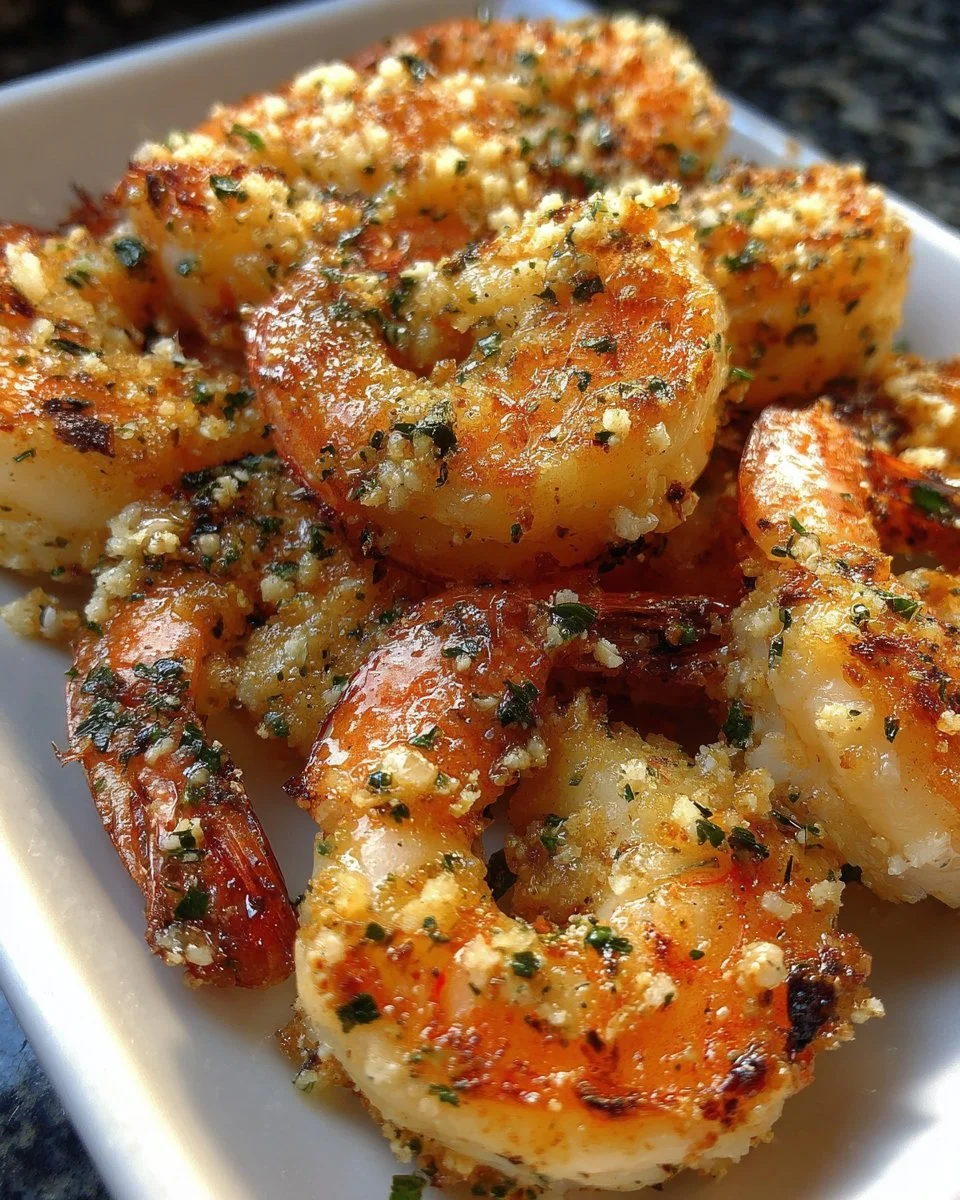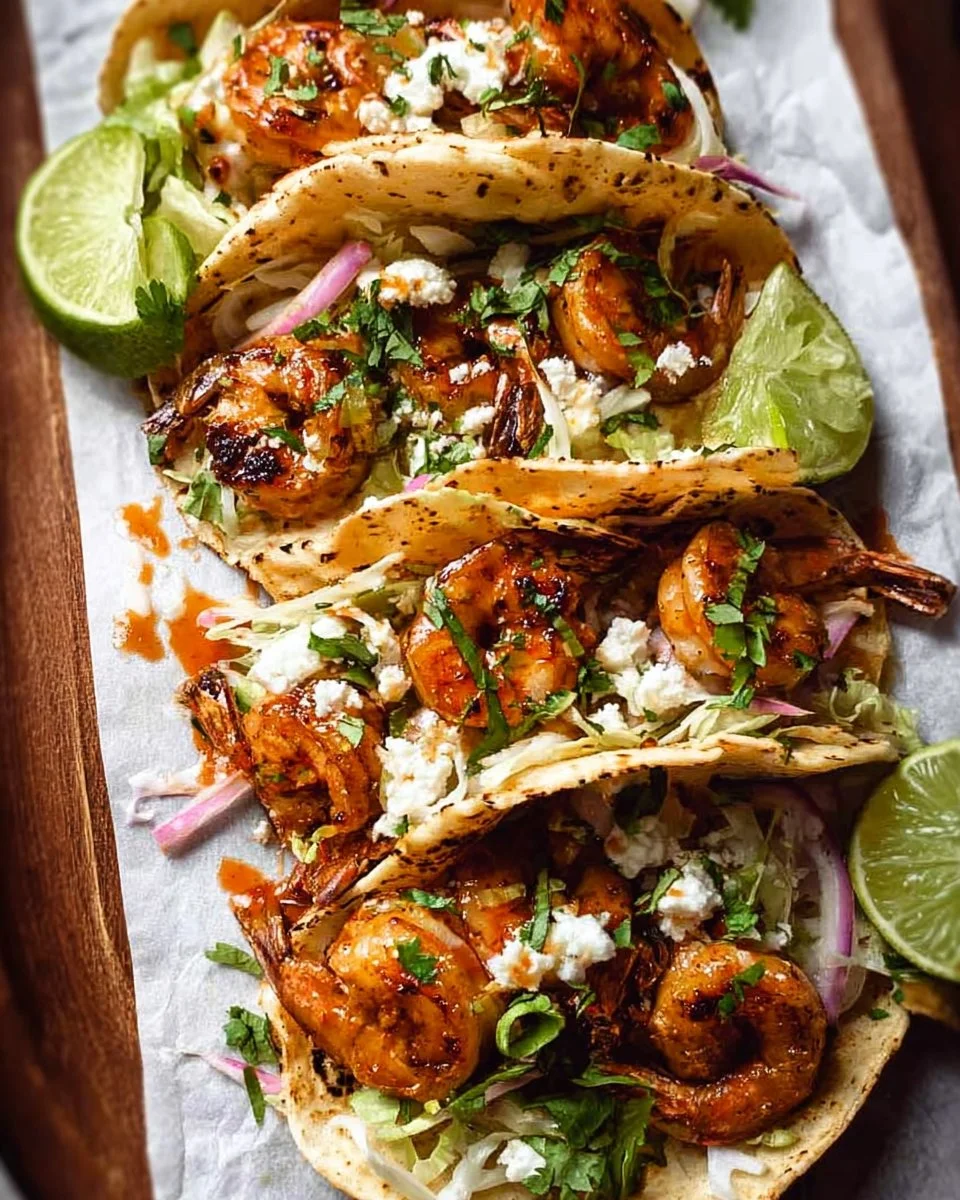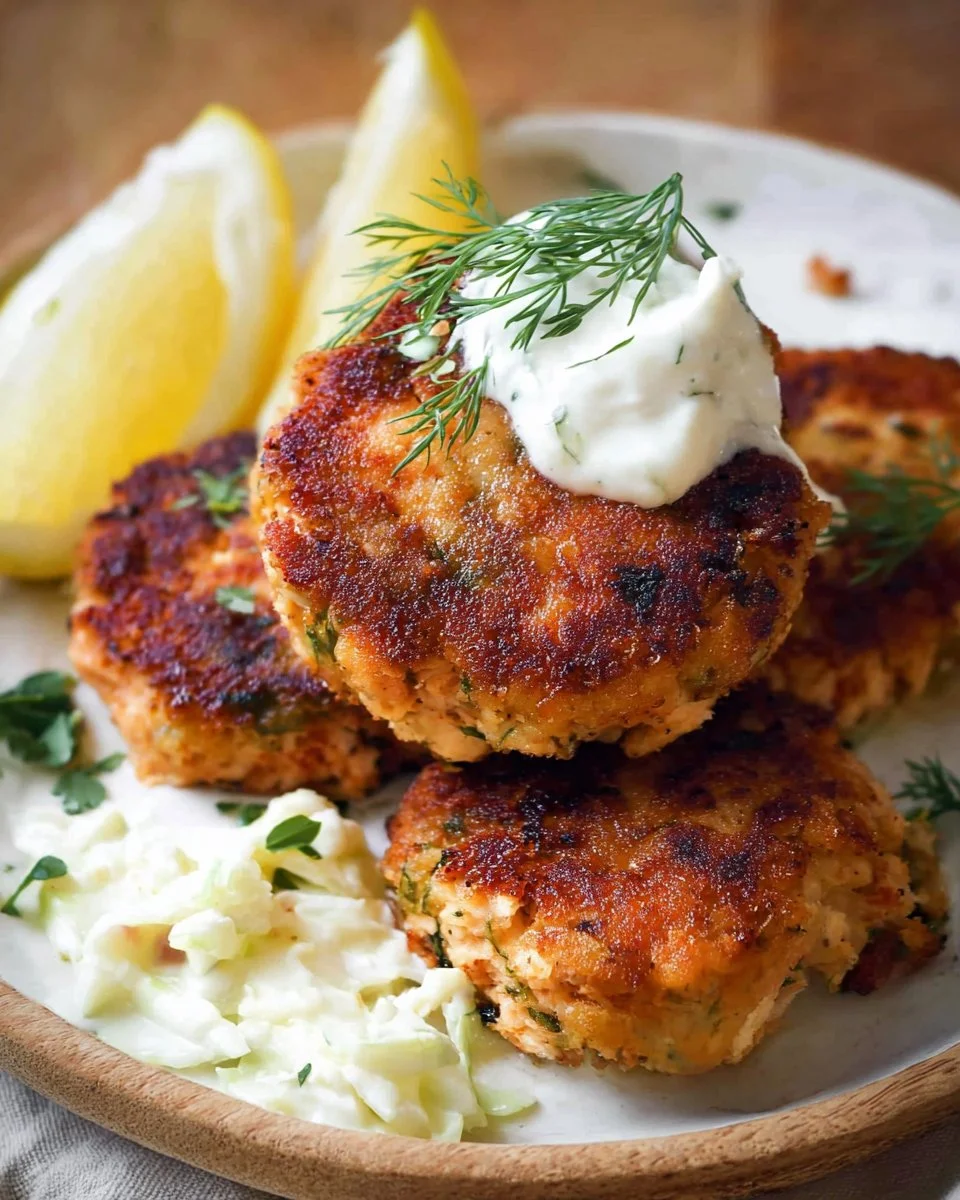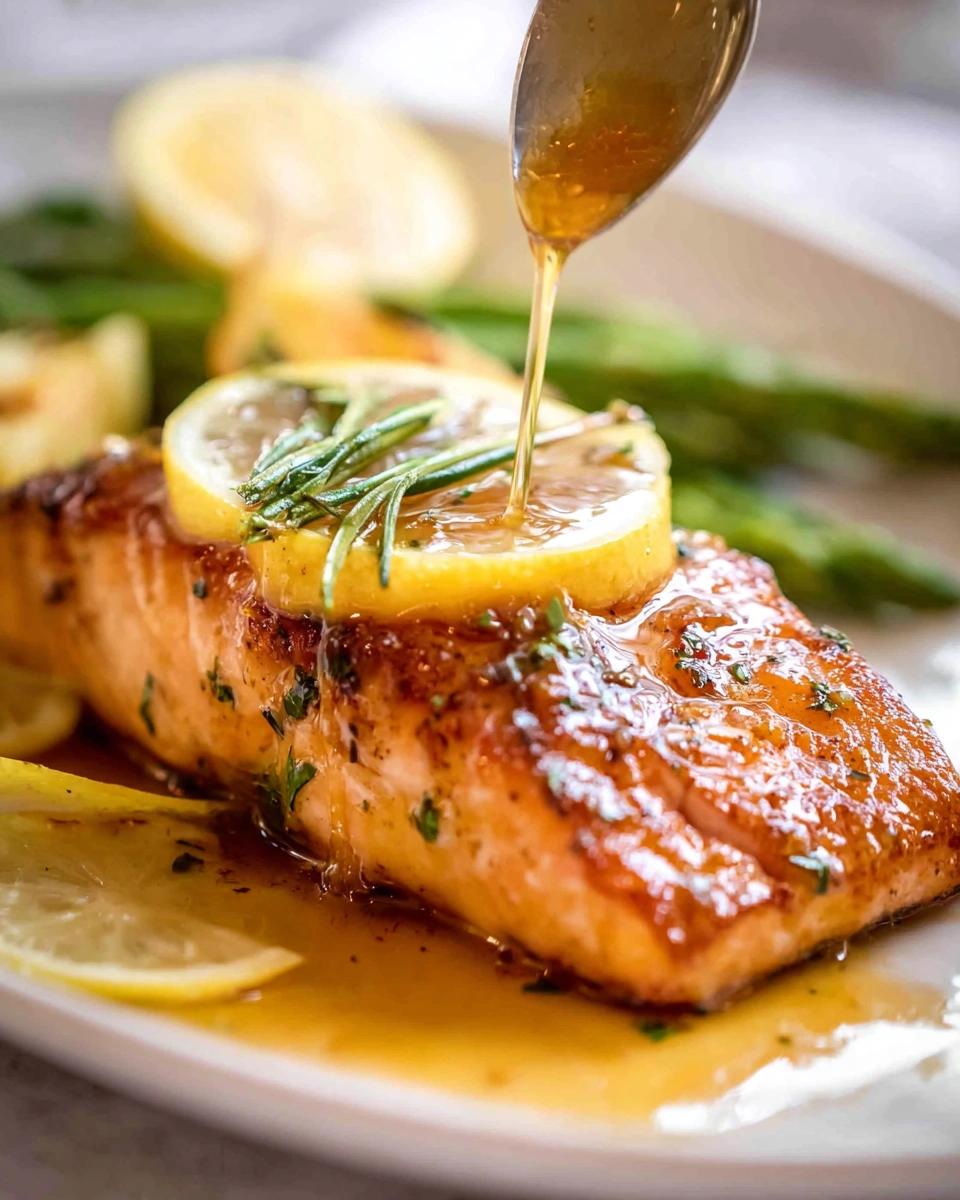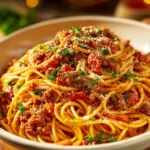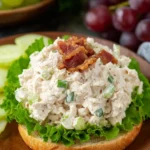Imagine coming home after a long day, the kitchen’s warm aromas embracing you. Cooking is more than just food; it’s a way to care for yourself and others. This baked flounder recipe with lemon garlic butter is perfect for busy days. It’s healthy and delicious, making any weeknight special.
With its buttery, flaky texture, baked flounder turns any evening into a feast. In about 30 minutes, you can make a meal that’s not only tasty but also lifts your mood. Let’s explore how to make the most of your time with simple yet tasty baked flounder recipes.
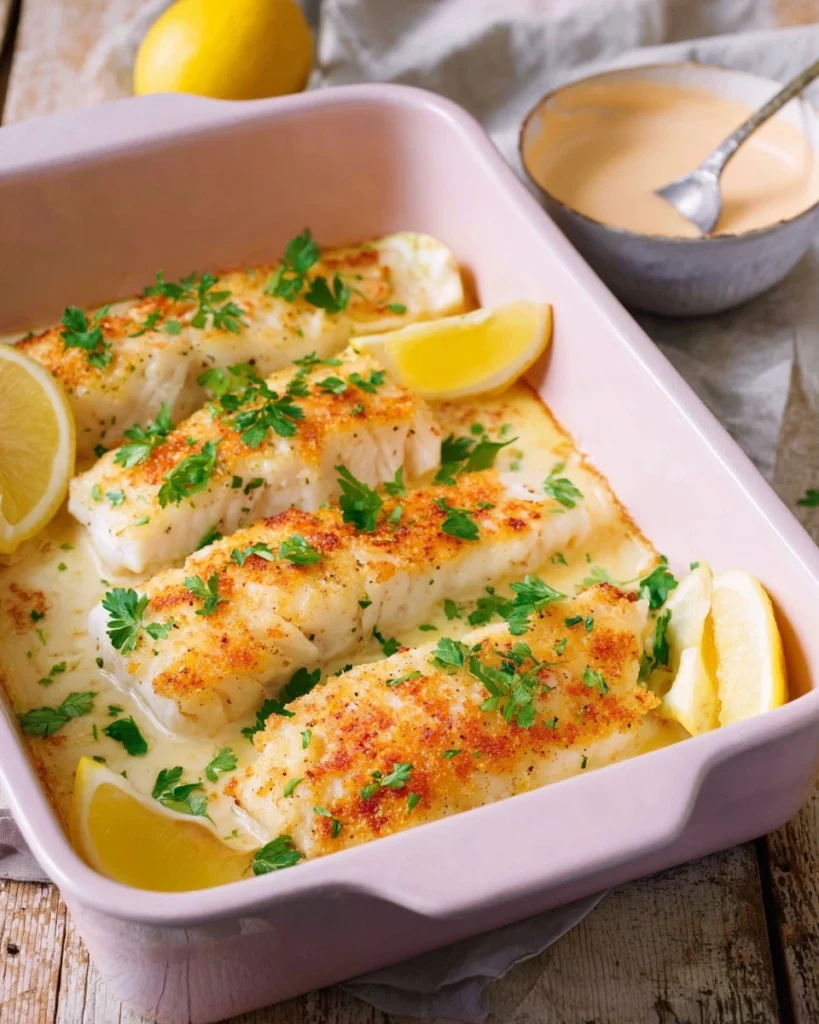
Key Takeaways
- Baked flounder is a simple yet elegant dish ideal for busy weeknights.
- This recipe features a flavorful lemon garlic butter sauce.
- The mild flavor of flounder pairs well with various sides and sauces.
- Flounder is a healthy fish option that’s low in calories and high in protein.
- You can prepare this meal in about 30 minutes.
- For more inspiration, check out similar filets of sole recipes baked!
Introduction to Baked Flounder
Baked flounder is a great choice for a quick and tasty meal. It has a soft texture and a mild taste. This makes it perfect for those who want easy flounder recipes that are simple to make.
This fish cooks fast, which is great for busy families. They can enjoy a healthy meal without spending hours in the kitchen.
The lemon garlic butter sauce is key to this dish. It enhances the fish’s flavor without being too strong. This makes baked flounder appealing to both beginners and experienced cooks. It’s a dish that’s easy to make but impressive to eat.
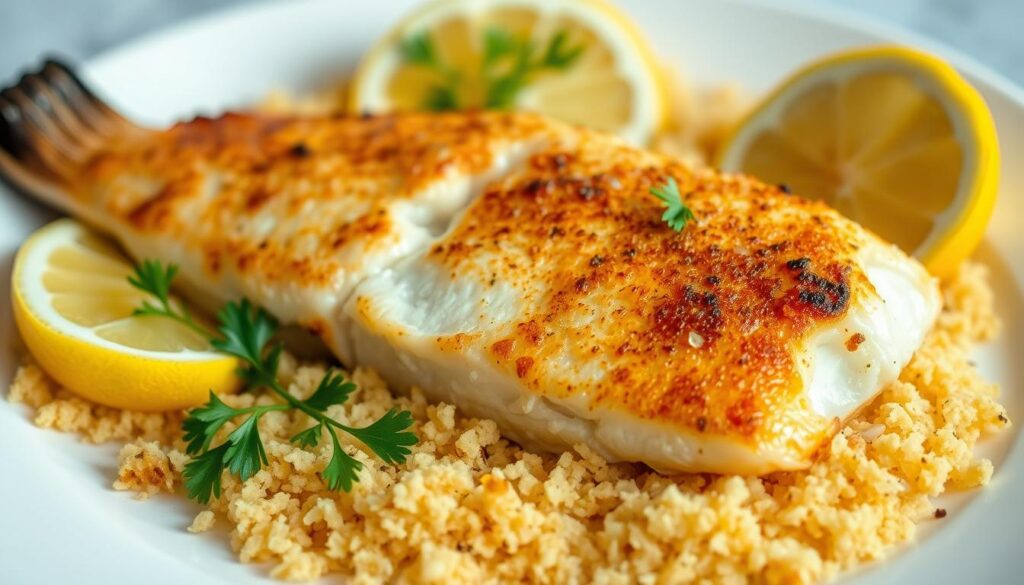
Why Choose Flounder for Your Recipe?
Flounder is a great choice for your next meal, perfect for those looking for healthy options. It’s versatile and has a light flavor, making it a favorite. This mild white fish works well with many seasonings and cooking methods.
Whether you grill, bake, or sauté it, flounder takes on flavors well. It keeps its delicate taste, making it a great choice for many.
Mild Flavor Profile
Flounder’s subtle flavor won’t overwhelm you. It’s great for serving guests who might not like strong-tasting fish. You can add herbs, spices, and sauces to enhance its taste.
This lets you get creative with your cooking. Flounder’s mild nature makes it easy to try out different recipes, fitting your taste and dietary needs.
Health Benefits of Flounder
Flounder is not just tasty but also good for you. It’s low in calories and full of nutrients like omega-3 fatty acids. These fats are good for your heart.
Adding flounder to your meals can help you eat healthier. Knowing its health benefits will encourage you to make it a regular part of your diet.
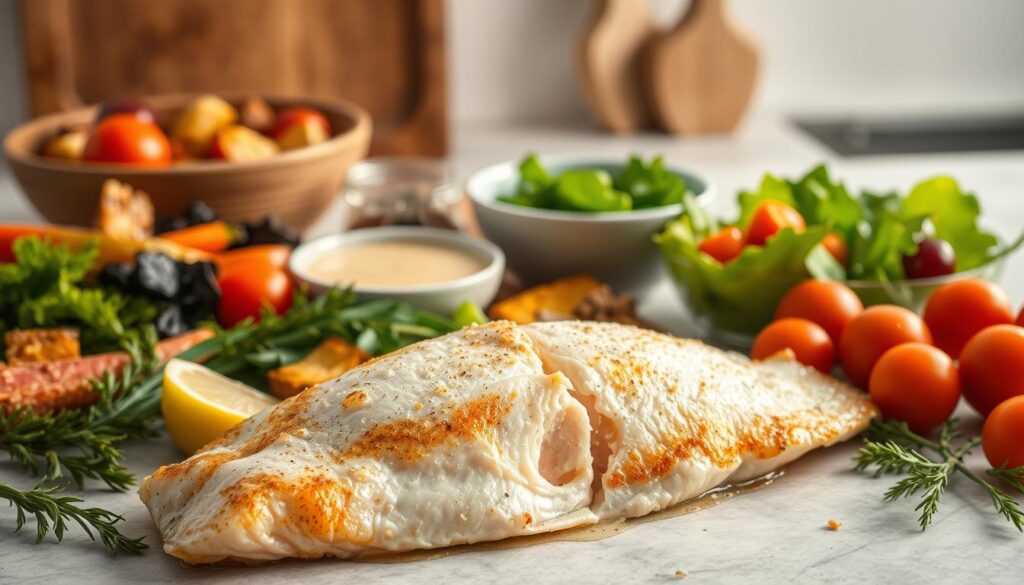
Ingredients for Baked Flounder
Choosing the right ingredients is key for a great baked flounder dish. Simple yet tasty components can make your recipe stand out. You’ll need both must-haves and some extra touches to boost flavor and keep it healthy.
Essential Ingredients
- 2 flounder fillets
- 2 tablespoons unsalted butter
- 1 tablespoon freshly squeezed lemon juice
- 2 cloves minced garlic
- Salt to taste
- Black pepper to taste
- 1 teaspoon onion powder
These basic items make a delicious lemon garlic butter sauce. It pairs well with the flounder’s mild taste. This combo is common in healthy baked flounder recipes, showing both taste and nutrition.
Optional Additions to Enhance Flavor
- Fresh parsley or dill for garnish
- Thin lemon slices for an additional citrus boost
- Cherry tomatoes for a pop of color and sweetness
- Capers for a briny kick
Adding these optional ingredients can take your baked flounder to the next level. You can pick and choose based on what you like. Each addition helps you find new flavors while keeping your dish healthy.
How to Prepare Baked Flounder
Getting your baked flounder ready is key to a tasty meal. Follow these easy steps for a perfect dish. Start with the right prep to get tender, flavorful fillets that wow your guests.
Prepping the Baking Dish
First, heat your oven to 325°F. Use a 9 x 13 inch baking dish and grease it well with butter. This prevents sticking and helps the fillets cook evenly. A well-prepared dish makes cleanup easier and improves texture.
Preparing the Flounder Fillets
Then, dry your flounder fillets with paper towels. This removes excess moisture and lets them soak up more flavor. Season them with salt, pepper, and your favorite herbs. This boosts the taste and elevates your dish.
Place the seasoned fillets in the baking dish, leaving space for even cooking.
Making the Lemon Garlic Butter Sauce
The lemon garlic butter sauce makes baked flounder taste amazing. It’s easy to make with just a few ingredients. This sauce is a great addition to your meal.
Key Ingredients for the Sauce
- Unsalted butter
- Freshly squeezed lemon juice
- Garlic cloves, minced
- Onion powder
- Salt
- Pepper
Step-by-Step Sauce Preparation
- In a small saucepan over medium heat, melt the unsalted butter.
- Add the minced garlic and sauté until fragrant, about 1 minute.
- Stir in the freshly squeezed lemon juice, onion powder, salt, and pepper.
- Simmer for an additional 2-3 minutes, allowing the flavors to meld.
- Remove from heat and drizzle over your baked flounder before serving.
Baking the Flounder
Knowing how to bake flounder is key to a delicious dish. The right oven temperature is important for a flaky texture. With the right steps, you’ll get a tender and flavorful flounder.
Optimal Oven Temperature
The best temperature for baking flounder is 325°F. This heat cooks the fish evenly and keeps it moist. It lets the fish’s natural flavors shine, with herbs and lemon adding extra taste.
Baking Time Based on Fillet Thickness
The baking time depends on the fillet’s thickness. A good rule is 10 minutes per inch. So, an inch thick fillet needs 10 to 12 minutes. Thicker fillets might need more time. Watch them to avoid overcooking.
With these tips, your baked flounder can become a family favorite. Try it with fresh veggies or a light salad. For a twist, check out tilapia recipes in this great resource. Enjoy the cooking and the delicious outcome!
What to Serve with Baked Flounder
When you enjoy baked flounder, think about pairing it with light side dishes. These dishes should enhance flavor and balance the meal. Healthy flounder recipes use fresh ingredients to let the main flavors stand out.
Delicious Side Dishes
Some great choices include:
- Roasted potatoes seasoned with herbs
- Sautéed vegetables like spinach or green beans
- A fresh mixed salad with a light vinaigrette
These sides offer a nice contrast to the flounder. They make for a fulfilling meal. For more ideas, check out this comprehensive guide.
Complementary Sauces and Dips
Flavorful sauces can make your baked flounder even better. Try:
- Garlic lemon butter sauce
- Tartar sauce from Greek yogurt
- Pesto sauce for a fresh taste
These sauces add unique flavors without losing the healthy aspect of the flounder. Exploring different sauces can make your meal more exciting. For easy recipes, visit this link.
How to Store Leftover Baked Flounder
After enjoying a delicious meal of baked flounder, it’s important to know how to properly store any leftovers. Following the right steps can help maintain the quality and flavor of your dish. This makes those baked flounder recipes healthy even on subsequent days.
Refrigeration Tips
To keep your leftover baked flounder fresh, place it in an airtight container before refrigerating. Make sure the container is sealed tightly. This prevents any moisture loss or absorption of odors from other foods. Aim to consume the baked flounder within 1 to 2 days to retain the best taste and texture.
Reheating Best Practices
When it’s time to enjoy your leftover baked flounder, reheating it properly is key. Preheat your oven to a low temperature, around 350°F. Place the flounder on an oven-safe dish, covered lightly with foil to retain moisture.
Heat for about 10-15 minutes, or until warm. This method preserves the flounder’s delicate texture while ensuring it’s heated evenly. Avoid using the microwave, as it may cause the fish to dry out or become rubbery.
Variations on the Baked Flounder Recipe
Trying new things with your baked flounder recipes can make your dish even better. Mixing up flavors can open up a whole new world of taste. You can add different herbs, spices, and even other fish to create a unique dish.
Experimenting with Different Flavors
Think about adding new flavors to make your dish taste amazing. Lime can add a zesty flavor instead of lemon. Fresh herbs like dill, basil, or parsley can also make a big difference. Here are some flavor combinations to try:
- Lime and cilantro for a tropical touch
- Dill and garlic for a classic herbaceous flavor
- Basil and sun-dried tomatoes for an Italian influence
- Smoked paprika and cumin for a smoky twist
Using Alternative Fish Options
Want to try something different from flounder? Many fish can be used in place of flounder. Sole, tilapia, or snapper are good choices. They have similar textures and tastes, but each has its own special flavor:
| Fish Type | Flavor Profile | Cooking Technique |
|---|---|---|
| Sole | Light, delicate | Baked or sautéed |
| Tilapia | Mild, slightly sweet | Grilled or baked |
| Snapper | Distinct, slightly nutty | Baked or grilled |
These options mean you’ll always have something new to try. Whether you’re baking or grilling flounder, mixing up flavors and fish can make mealtime fun.
Common Mistakes to Avoid When Baking Flounder
Baking flounder can be simple and rewarding, but there are pitfalls that can lead to undesirable results. Understanding these mistakes will help you achieve a perfectly cooked dish every time when preparing your baked flounder. Here are some common issues and how to avoid them.
Overcooking Concerns
One of the biggest mistakes when making easy flounder recipes is overcooking the fish. Flounder is delicate and can dry out quickly. Always keep an eye on the cooking time. The general rule is to check for doneness at around 10 minutes per inch of thickness. The flesh should be opaque and flake easily with a fork. Using a meat thermometer can ensure the internal temperature reaches a safe 145°F.
Choosing the Right Fillet Size
Selecting the appropriate size of flounder fillets is essential. Thin fillets will cook faster than thicker ones, which can lead to uneven cooking. If you’re using varying sizes, try to choose fillets of similar thickness or adjust the cooking time. This way, you ensure all pieces are perfectly done when served.
| Fillet Thickness (inches) | Cooking Time (minutes) | Safe Internal Temperature (°F) |
|---|---|---|
| 0.5 | 10 | 145 |
| 1.0 | 15 | 145 |
| 1.5 | 20 | 145 |
| 2.0 | 25 | 145 |
Baked Flounder: Nutritional Information
When you think about baked flounder recipes healthy, knowing the nutritional facts is key. This dish is not just tasty but also good for your health.
Caloric and Nutritional Breakdown
A serving of baked flounder has about 185 calories. It’s a good mix of nutrients. Here’s what you get:
| Nutrient | Amount per Serving |
|---|---|
| Calories | 185 |
| Protein | 25g |
| Fat | 8g |
| Omega-3 Fatty Acids | 300mg |
| Vitamin D | 18% of Daily Value |
Health Considerations
Adding baked flounder to your meals is a wise choice for those who care about their health. It’s packed with omega-3 fatty acids for heart health. Plus, it has vitamins D and B12 for better overall health.
Choosing baked flounder means enjoying its benefits without extra calories. It’s perfect for both everyday meals and special events.
Conclusion
Baked flounder with lemon garlic butter is a delightful meal. It shows the beauty of simple and healthy cooking. Its mild flavor pairs well with lemon’s zest and garlic’s aroma, making it a hit at any dinner.
This dish is great for weeknights or special occasions. Baked flounder recipes healthy are easy to make and very satisfying. They offer a culinary experience that’s both simple and enjoyable.
This recipe is versatile, letting you change flavors and sides as you like. Adding it to your cooking routine opens up healthy eating options without losing flavor. Every bite of this dish is a joy to share with family and friends.
So, when you need a nutritious and easy meal, try baking flounder. It showcases the fish’s flaky goodness and the essence of healthy cooking. You’ll enjoy every moment at the table while staying healthy.
FAQ
What is the best temperature to bake flounder?
The best temperature for baking flounder is 325°F. This keeps the fish moist and cooks it evenly.
How long should I bake flounder?
Baking time depends on the fillet’s thickness. Usually, it takes 15 to 20 minutes. Always check if it’s done based on its thickness.
What can I serve with baked flounder?
Serve baked flounder with light sides like roasted potatoes or sautéed veggies. A fresh salad also works well. These choices complement the fish nicely.
How can I store leftover baked flounder?
Keep leftover baked flounder in a sealed container in the fridge. It’s best eaten within 1 to 2 days for the best taste.
Can I make variations to the baked flounder recipe?
Yes! You can experiment with herbs, spices, or even lime instead of lemon. Adding fresh herbs like dill or basil can also give it a unique taste.
What are some easy flounder recipes I can try?
Try grilled flounder with a citrus marinade or flounder and shrimp recipes. These are simple yet tasty options.
Is baked flounder a healthy meal option?
Yes! Baked flounder is nutritious. It has about 185 calories and is rich in protein, healthy fats, and vitamins like omega-3s and vitamin D.
What should I avoid when baking flounder?
Avoid overcooking the fish. Keep an eye on the time, as flounder can quickly become tough and dry.
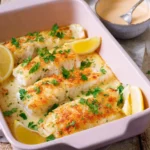
Baked Flounder with Lemon Garlic Butter
Ingredients
Main Ingredients
- 2 pieces flounder fillets Choose similar thickness fillets for even cooking
- 2 tablespoons unsalted butter For the lemon garlic butter sauce
- 1 tablespoon freshly squeezed lemon juice Add more for extra citrus flavor
- 2 cloves minced garlic Can substitute with garlic powder if needed
- to taste salt Essential for seasoning
- to taste black pepper Adjust based on preference
- 1 teaspoon onion powder Adds depth to the sauce
Optional Additions
- to taste fresh parsley or dill For garnish
- to taste thin lemon slices For additional flavor
- to taste cherry tomatoes Adds color and sweetness
- to taste capers For a briny contrast
Instructions
Preparation
- Preheat your oven to 325°F (163°C) and grease a 9 x 13 inch baking dish with butter.
- Dry the flounder fillets with paper towels to remove excess moisture.
- Season the fillets with salt, black pepper, and onion powder, then place them in the greased baking dish.
Making the Sauce
- In a small saucepan over medium heat, melt the unsalted butter.
- Add the minced garlic and sauté until fragrant, about 1 minute.
- Stir in the lemon juice, onion powder, salt, and pepper, simmering for an additional 2-3 minutes to meld the flavors.
- Remove from heat and drizzle over the flounder fillets before baking.
Baking
- Bake in the preheated oven for 10-12 minutes per inch of thickness of the fillets, or until the flesh is opaque and flakes easily with a fork.
